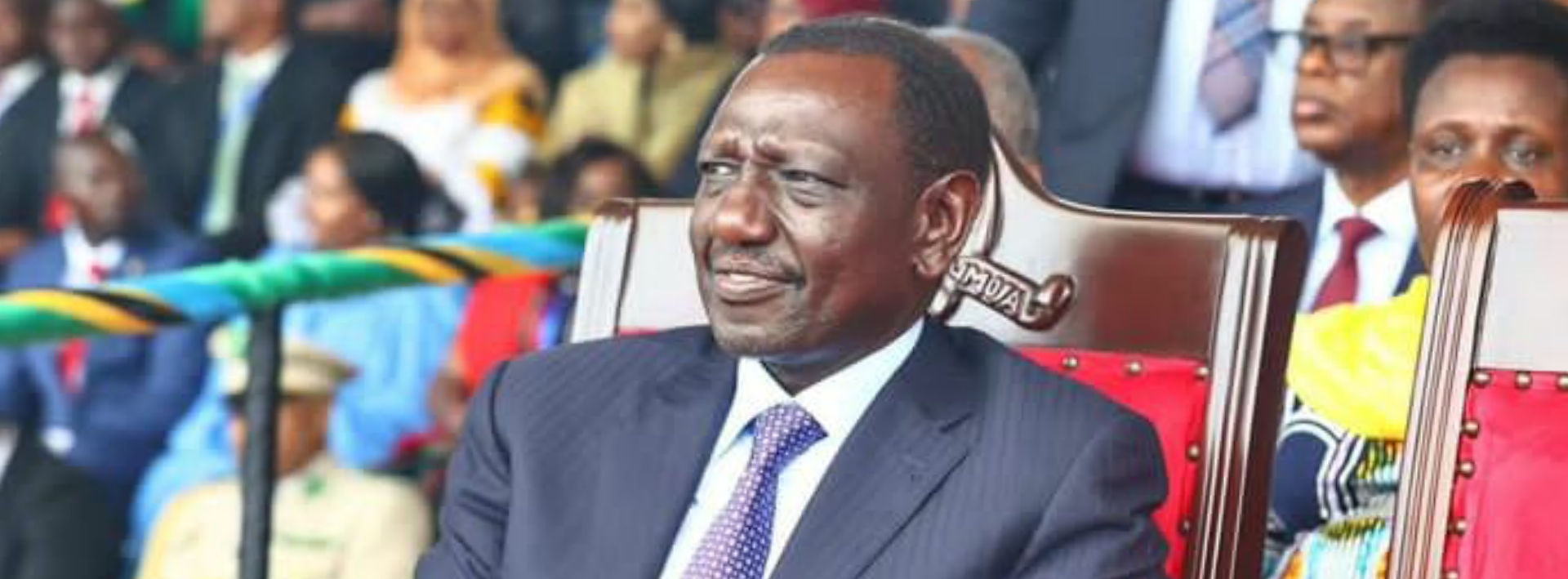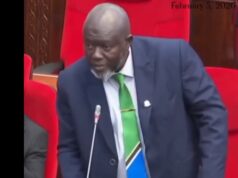- President William Ruto argues that the High Court lacks jurisdiction to hear petitions regarding the impeachment of Deputy President Rigathi Gachagua.
- Ruto is represented by lawyer Adrian Kamotho in a case filed by David Mathenge and four others at the Kerugoya Court.
- Solicitor General Shadrack Mose has submitted an application opposing stay orders preventing Gachagua’s successor, Kithure Kindiki, from taking office.
- The application claims the stay order is against national interests and was issued without allowing relevant parties to respond.
President William Ruto has asserted that the High Court does not have the authority to hear petitions contesting the impeachment of Deputy President Rigathi Gachagua. Ruto’s legal team, led by lawyer Adrian Kamotho, is opposing a case filed at the Kerugoya Court by David Mathenge and four others, asserting that only the Supreme Court has exclusive jurisdiction over such matters.
The ongoing case is set to be heard by a three-judge bench, with Deputy President Gachagua present during the proceedings. In parallel, Solicitor General Shadrack Mose has filed an application that challenges stay orders issued by a Kirinyaga court. These orders currently prevent Kithure Kindiki, Gachagua’s nominated successor, from assuming office.
Mose contends that the stay order is detrimental to the national interests, emphasizing that the Constitution does not allow for a vacancy in the Deputy President’s office. He criticized the issuance of the ex-parte orders, arguing that they were granted without providing the state, the National Assembly, or other relevant parties the opportunity to present their case. The application highlights the potential prejudicial impact of allowing the Deputy President’s office to remain vacant due to these interim orders, which it claims would harm the people of Kenya and the republic as a whole.
The unfolding legal battle surrounding Deputy President Rigathi Gachagua’s impeachment raises significant constitutional questions about jurisdiction and governance in Kenya. As the case progresses in the Kerugoya Court, the implications for the Deputy President’s office and the broader political landscape remain to be seen.








